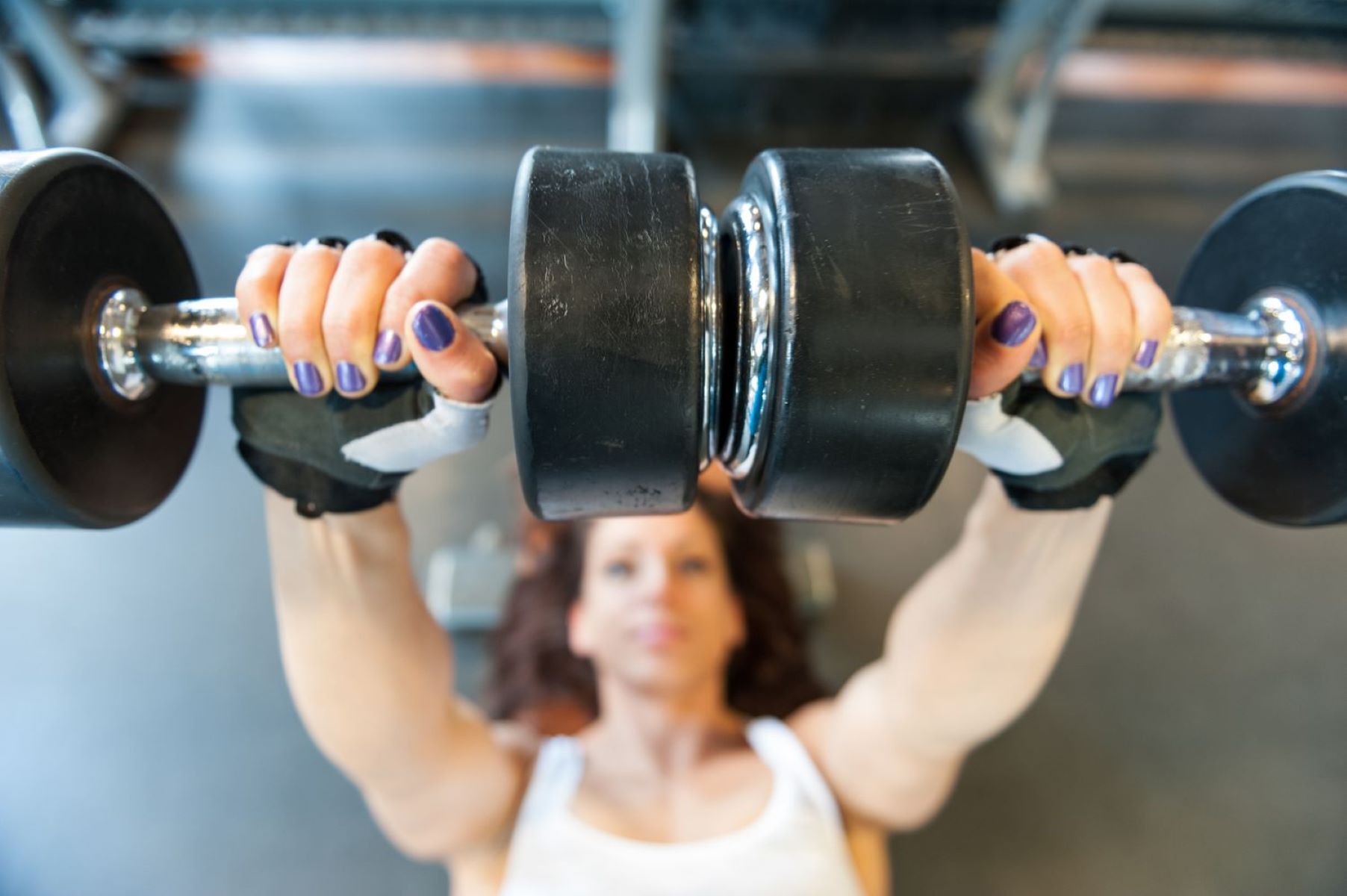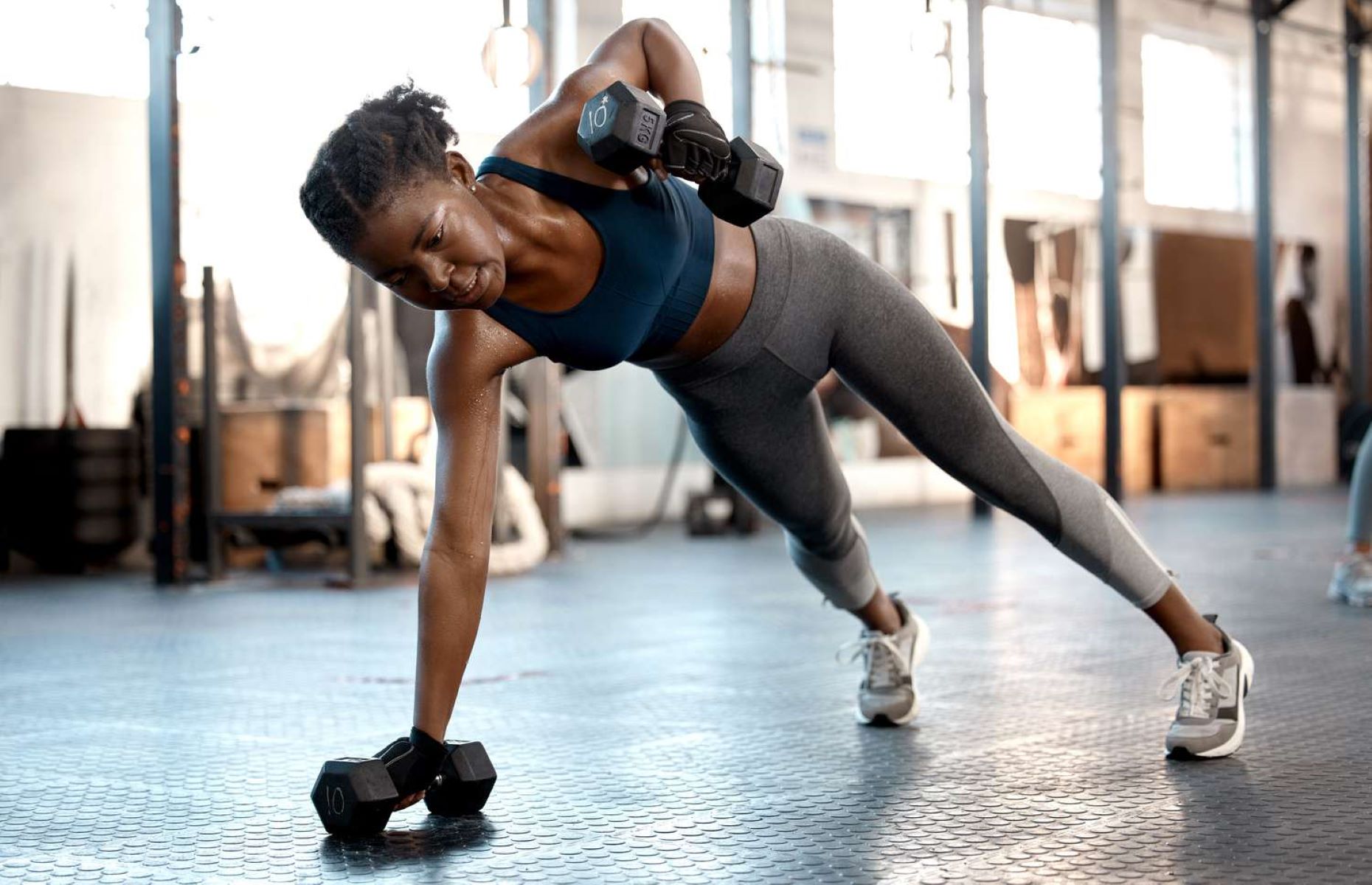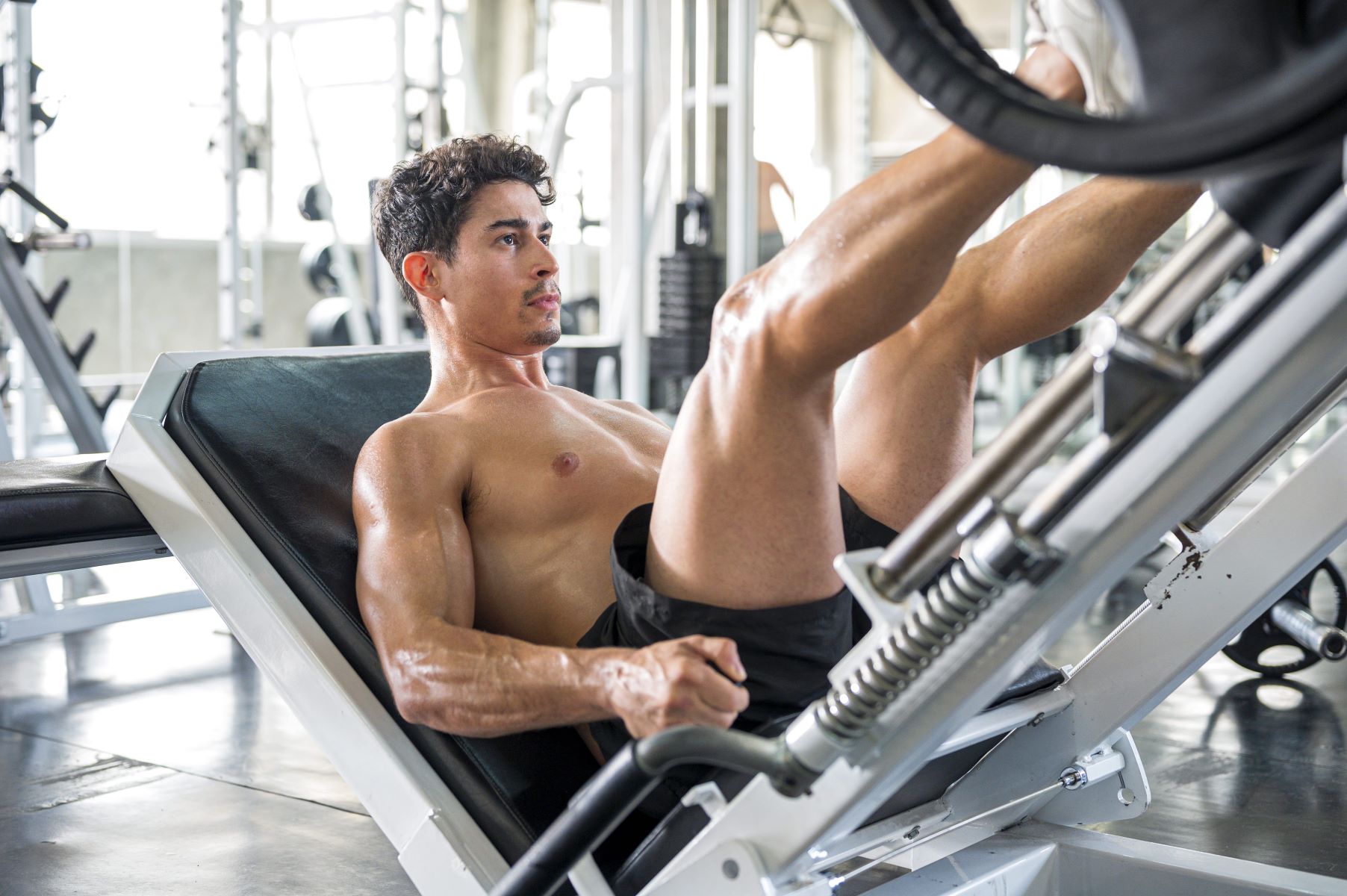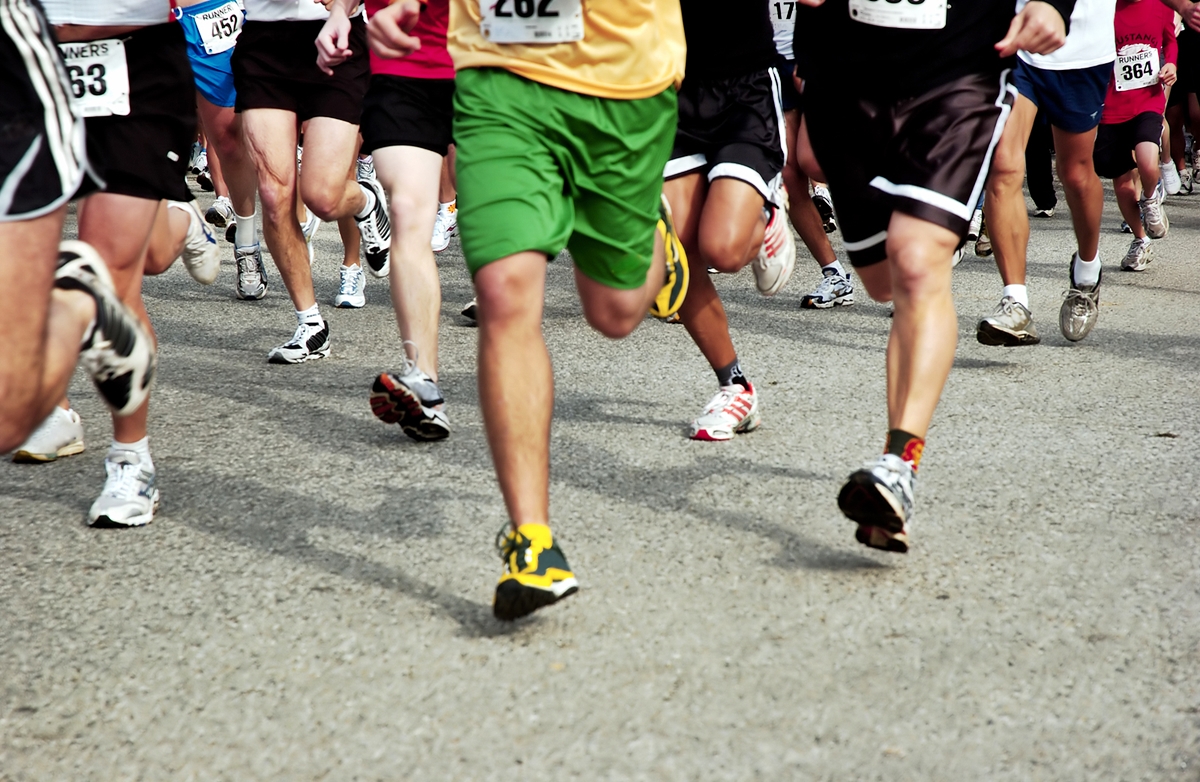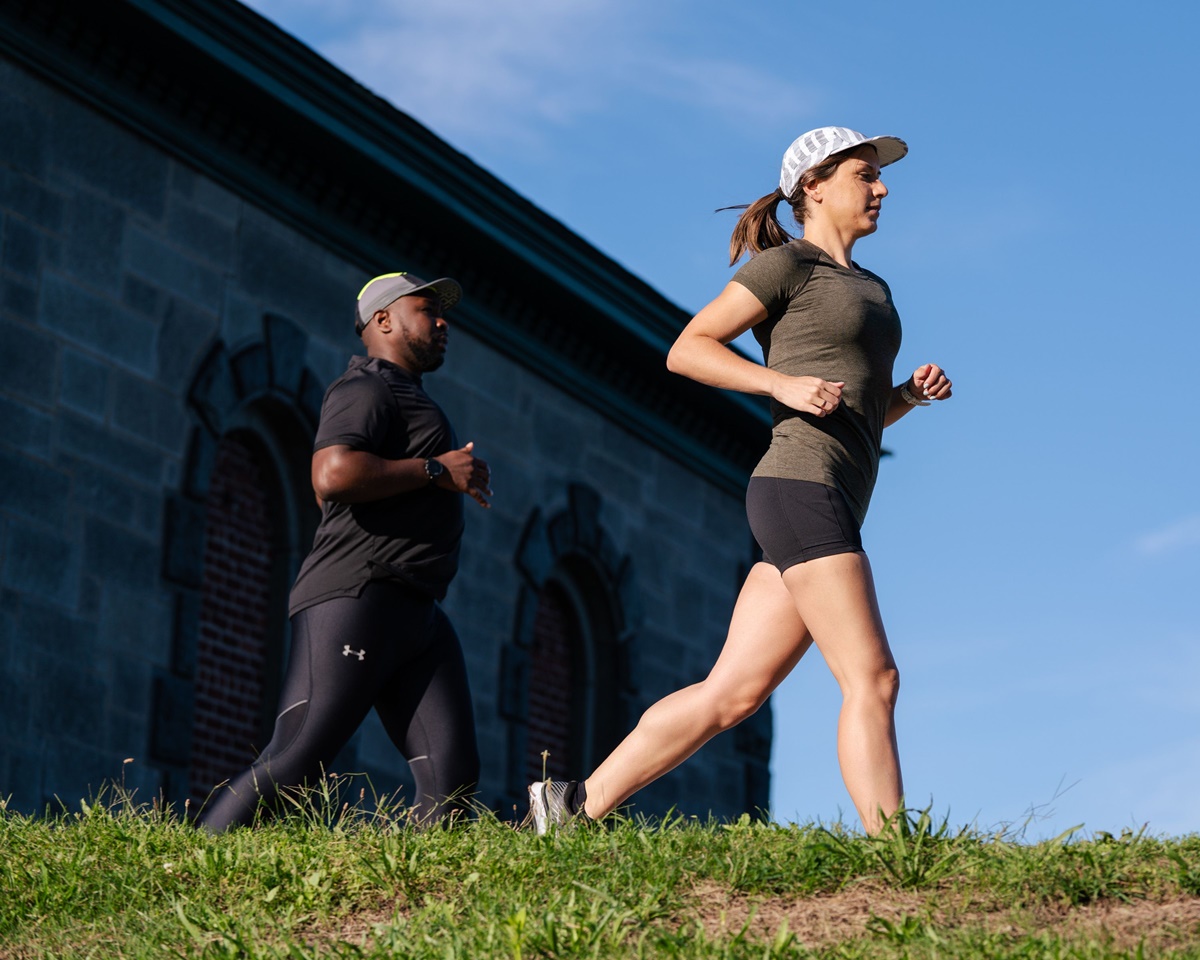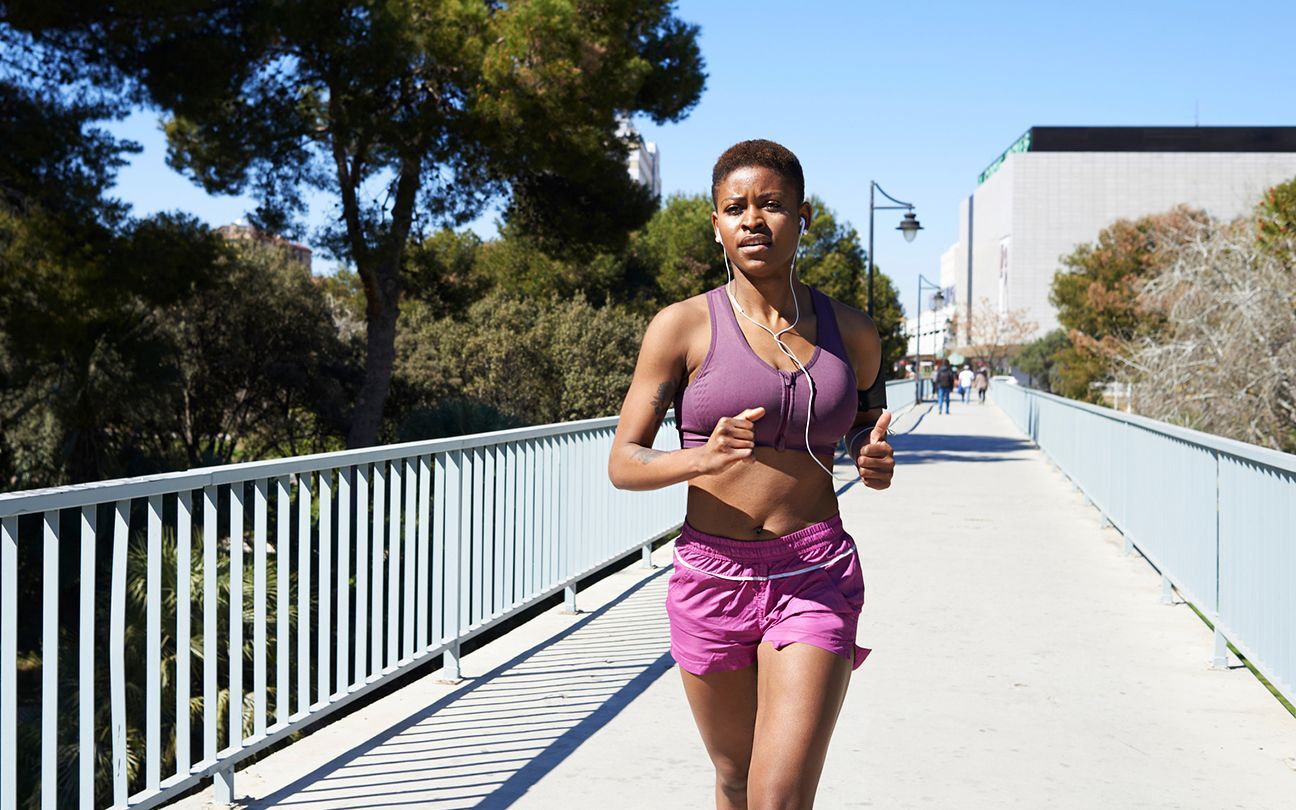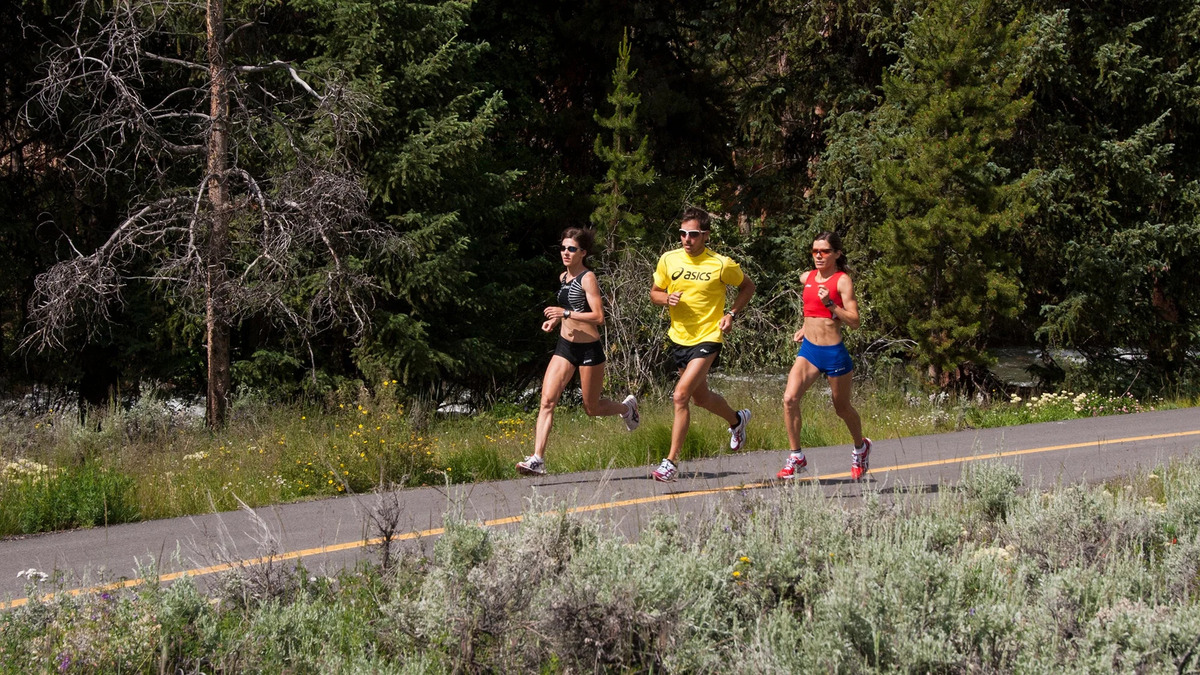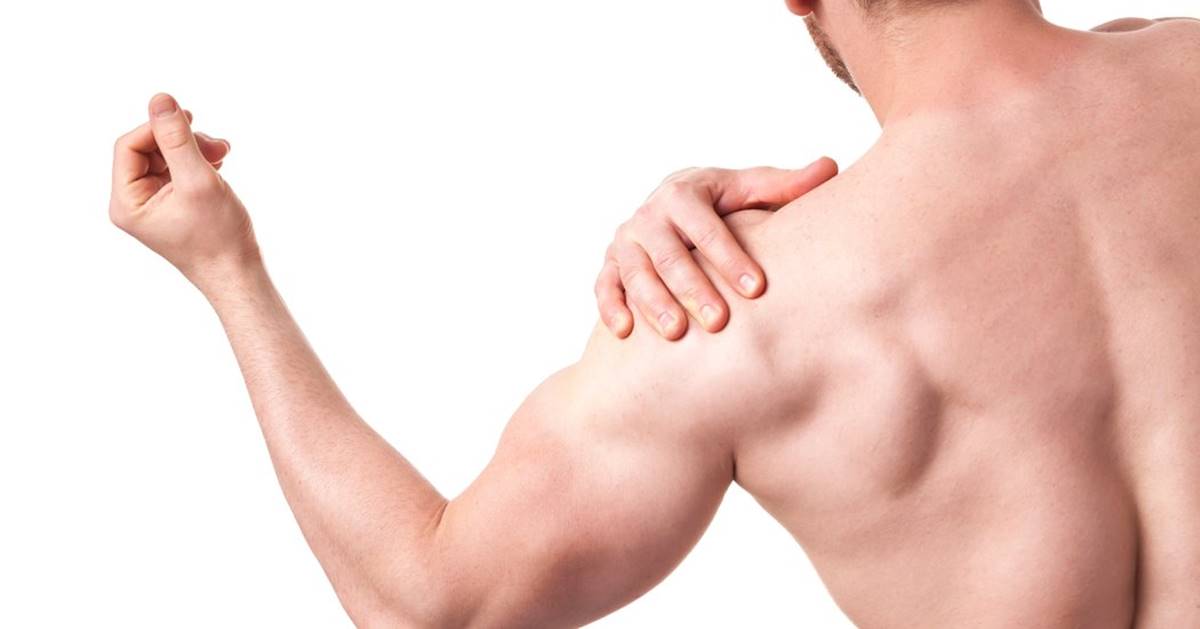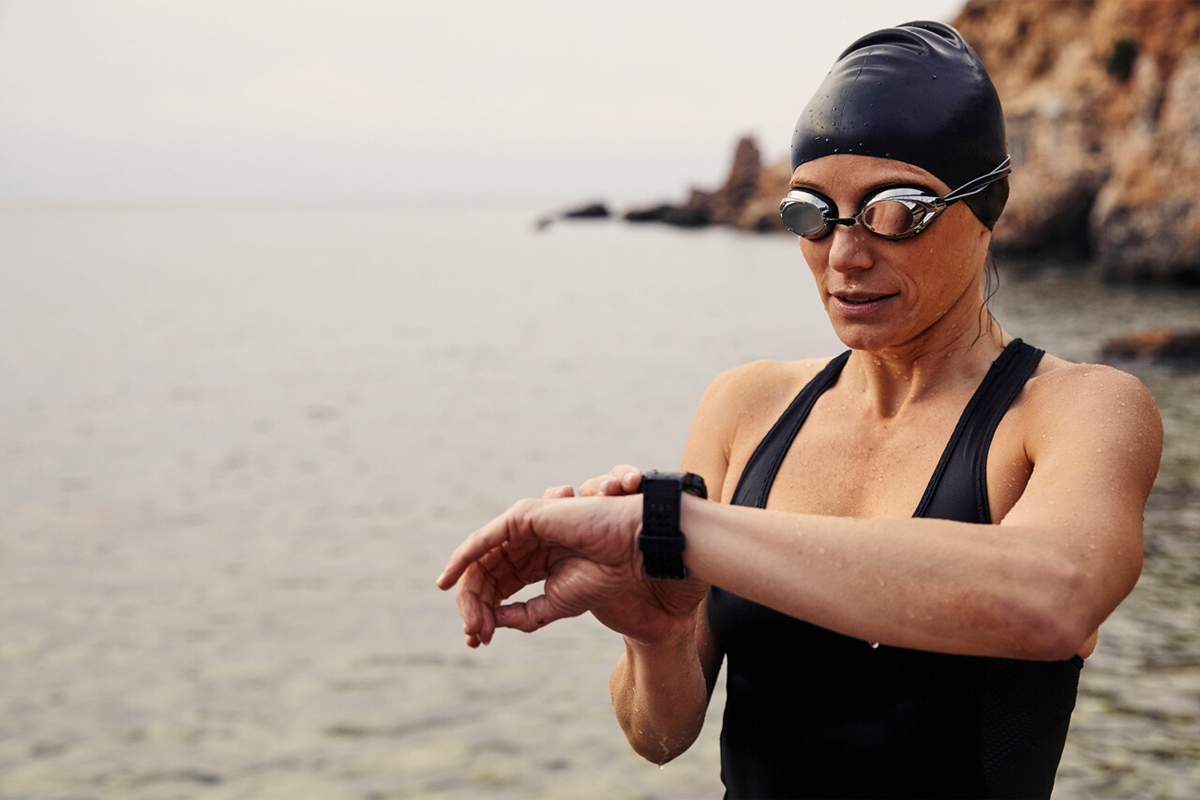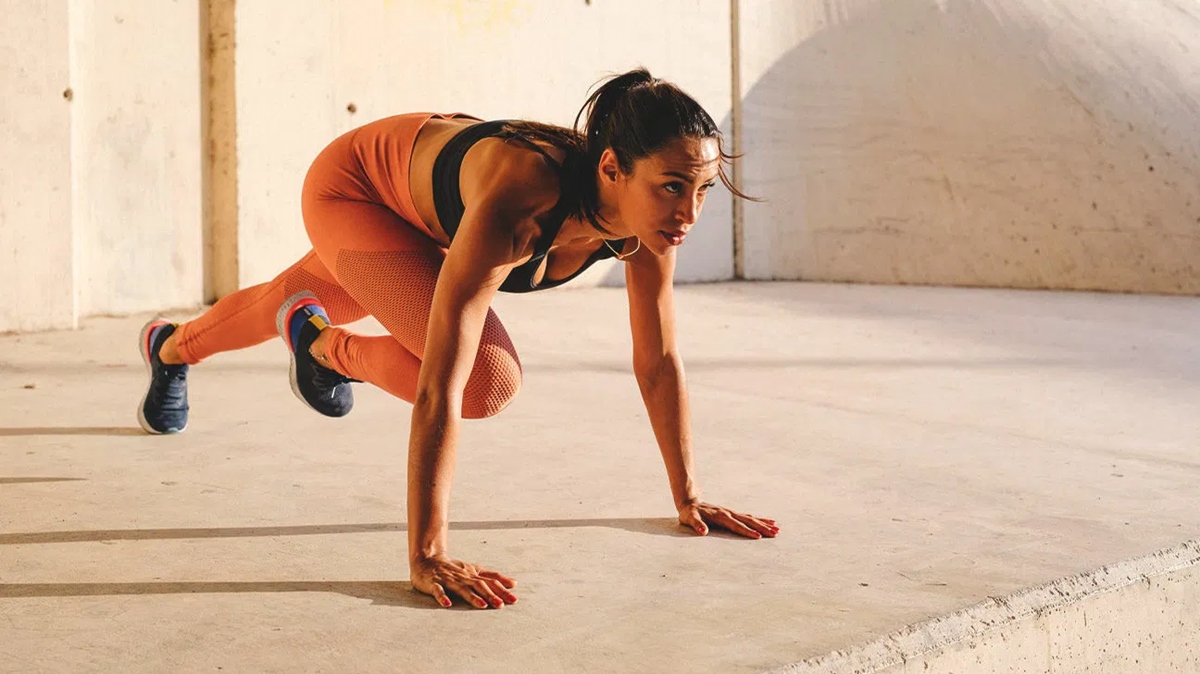Home>Misc>Featured>What Are Two Methods Of Hydrating The Body After Exercise
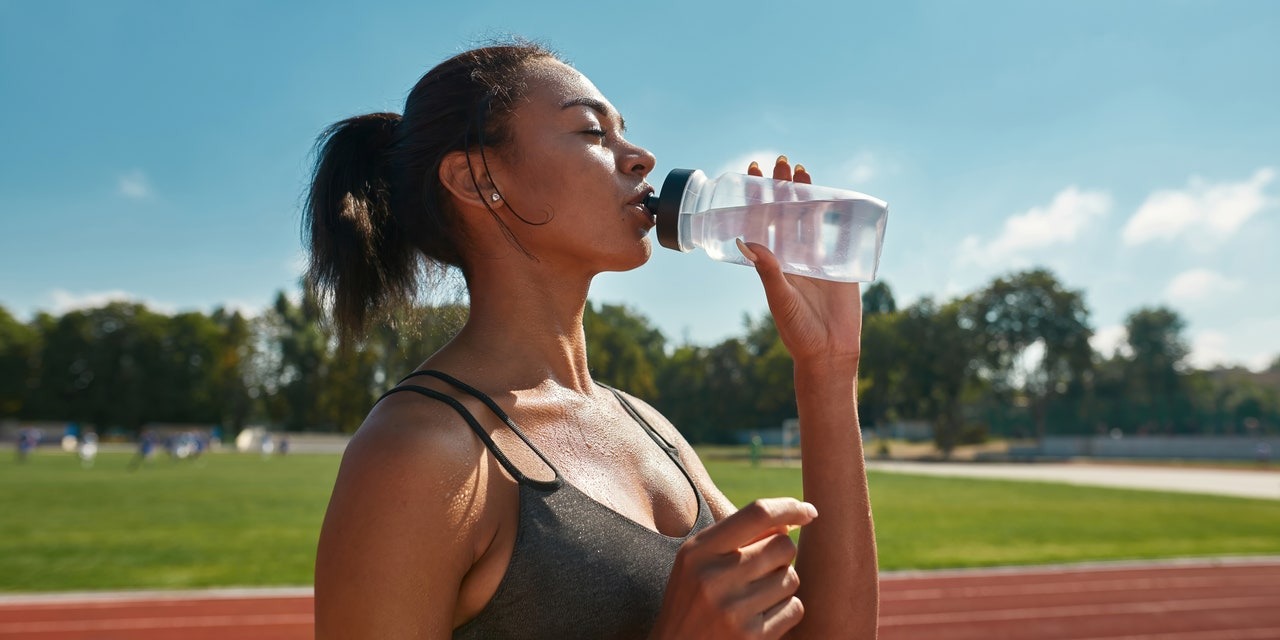

Featured
What Are Two Methods Of Hydrating The Body After Exercise
Modified: January 2, 2024
Discover the featured methods to effectively hydrate your body after exercise and keep your energy levels up. Enhance your post-workout recovery with these tips.
Introduction
After an intense workout or rigorous physical activity, it is crucial to replenish the body with fluids to help restore hydration levels. Dehydration can have detrimental effects on performance, recovery, and overall health. There are several methods available to hydrate the body after exercise, but two of the most effective and commonly used methods are drinking water and consuming electrolyte-rich beverages.
Water is essential for maintaining bodily functions and plays a vital role in hydration. When we engage in physical activity, we lose water through sweat, leading to dehydration if not replenished adequately. On the other hand, electrolytes like sodium, potassium, and magnesium play a crucial role in maintaining fluid balance within the body and promoting optimal muscle function.
In this article, we will discuss these two methods of hydrating the body after exercise in detail, highlighting their benefits and best practices for implementation. Whether you’re a professional athlete or someone who enjoys regular workouts, understanding the importance of proper hydration and how to effectively replenish fluids can significantly improve your performance and overall well-being.
Method 1: Drinking Water
Drinking water is the most straightforward and accessible method of hydrating the body after exercise. It is essential to replenish the lost fluids and prevent dehydration, which can lead to fatigue, muscle cramps, and impaired cognitive function.
When engaging in physical activity, the body loses water through sweat to regulate body temperature. To replace these lost fluids, it’s crucial to drink water before, during, and after exercise.
One of the key benefits of drinking water is its ability to rehydrate the body quickly. Water is readily absorbed by the cells and helps maintain the proper balance of bodily fluids. It also aids in the transportation of nutrients to the cells and facilitates the elimination of waste products.
It is recommended to drink water both during and after exercise to ensure optimal hydration. During exercise, sipping water at regular intervals can help prevent excessive fluid loss. However, it’s important not to drink large amounts of water all at once, as it can lead to discomfort and potentially reduce performance.
After exercise, it is crucial to drink water to replenish the fluid lost through sweating. The amount of water needed varies depending on the individual, intensity of the workout, and environmental factors. As a general guideline, consuming 16-20 ounces (approximately 500-600 milliliters) of water per pound (0.45 kilograms) of body weight lost during exercise is recommended.
In addition to replenishing fluids, drinking water after exercise also helps in the recovery process. Water aids in the regulation of body temperature and helps remove metabolic waste products generated during physical activity.
It is important to note that the quality of water consumed is also crucial. Opt for clean, filtered water to avoid any potential contaminants. Additionally, incorporating fruits or herbs like lemon, cucumber, or mint can enhance the taste and provide added health benefits.
Overall, drinking water is an effective and accessible method of hydrating the body after exercise. By prioritizing proper hydration, you can optimize performance, promote recovery, and maintain overall health and well-being.
Method 2: Consuming Electrolyte-rich Beverages
While drinking water is an excellent way to hydrate the body after exercise, consuming electrolyte-rich beverages can provide additional benefits, especially for those engaging in intense workouts or prolonged physical activity.
Electrolytes are minerals that help regulate fluid balance, muscle function, and nerve impulses within the body. Common electrolytes include sodium, potassium, calcium, and magnesium. When we sweat, we not only lose water but also important electrolytes.
Consuming electrolyte-rich beverages can help replenish these lost electrolytes and maintain proper fluid balance within the body. These beverages typically contain a combination of water, carbohydrates, and electrolytes, making them an effective way to rehydrate and refuel after exercise.
The carbohydrates in these beverages provide a source of quick energy for the body, helping to replenish glycogen stores in the muscles and liver. This can aid in recovery and prevent post-workout fatigue.
Sports drinks are a popular example of electrolyte-rich beverages. They are specifically formulated to provide the body with essential electrolytes and carbohydrates. However, it’s important to note that not all sports drinks are created equal. Look for options that are low in added sugars and artificial ingredients.
Another option for electrolyte replenishment is coconut water, which is a natural source of electrolytes such as potassium and magnesium. Coconut water is also low in calories and contains natural sugars, making it a healthy choice for hydration.
In addition to commercial sports drinks and coconut water, there are also homemade options for electrolyte-rich beverages. For example, you can create a simple electrolyte drink by mixing water with a pinch of salt and a squeeze of fresh lemon or lime juice.
It’s important to remember that while electrolyte-rich beverages can be beneficial, they are not always necessary for everyone. For those engaging in moderate exercise or shorter durations, plain water may be sufficient for hydration.
However, for individuals participating in intense physical activity, prolonged exercise, or in hot and humid conditions, consuming electrolyte-rich beverages can aid in replenishing electrolytes and improving overall hydration.
As with any hydration method, it is important to listen to your body’s cues and adjust accordingly. Everyone’s hydration needs may vary, so it’s essential to find the right balance that works for you.
Conclusion
Proper hydration is essential for optimal performance, recovery, and overall well-being, especially after exercise. Drinking water and consuming electrolyte-rich beverages are two effective methods for replenishing the body’s fluids and maintaining hydration.
Water is a fundamental component of hydration and should be consumed before, during, and after exercise to replace lost fluids. It is readily absorbed by the body and helps maintain fluid balance while facilitating nutrient transportation and waste removal.
Electrolyte-rich beverages, such as sports drinks and coconut water, provide additional benefits by replenishing electrolytes lost through sweat, helping to maintain proper fluid balance and providing a source of quick energy for the body. However, it’s important to choose options that are low in added sugars and artificial ingredients.
The choice between drinking water and consuming electrolyte-rich beverages depends on individual factors, including the intensity and duration of the workout, environmental conditions, and personal preferences. It’s important to listen to your body’s signals and adjust your hydration strategy accordingly.
Remember, proper hydration is not just about the quantity of fluids consumed but also the quality. Opt for clean, filtered water and consider adding natural flavors like lemon, cucumber, or mint. For electrolyte-rich beverages, look for options that provide essential electrolytes without excessive sugars.
In conclusion, whether you choose to hydrate with water or electrolyte-rich beverages, prioritizing hydration after exercise is crucial for optimal performance, recovery, and overall well-being. Stay hydrated, listen to your body, and make conscious choices to support your fitness journey.
